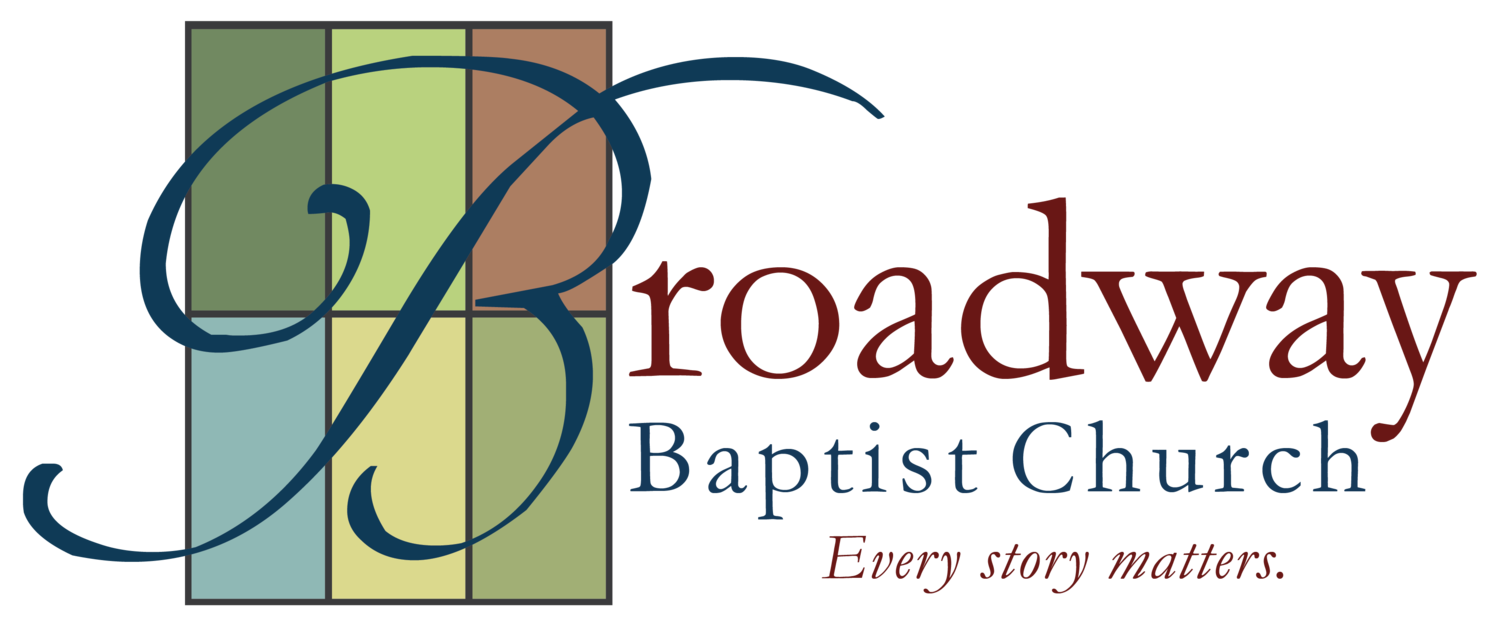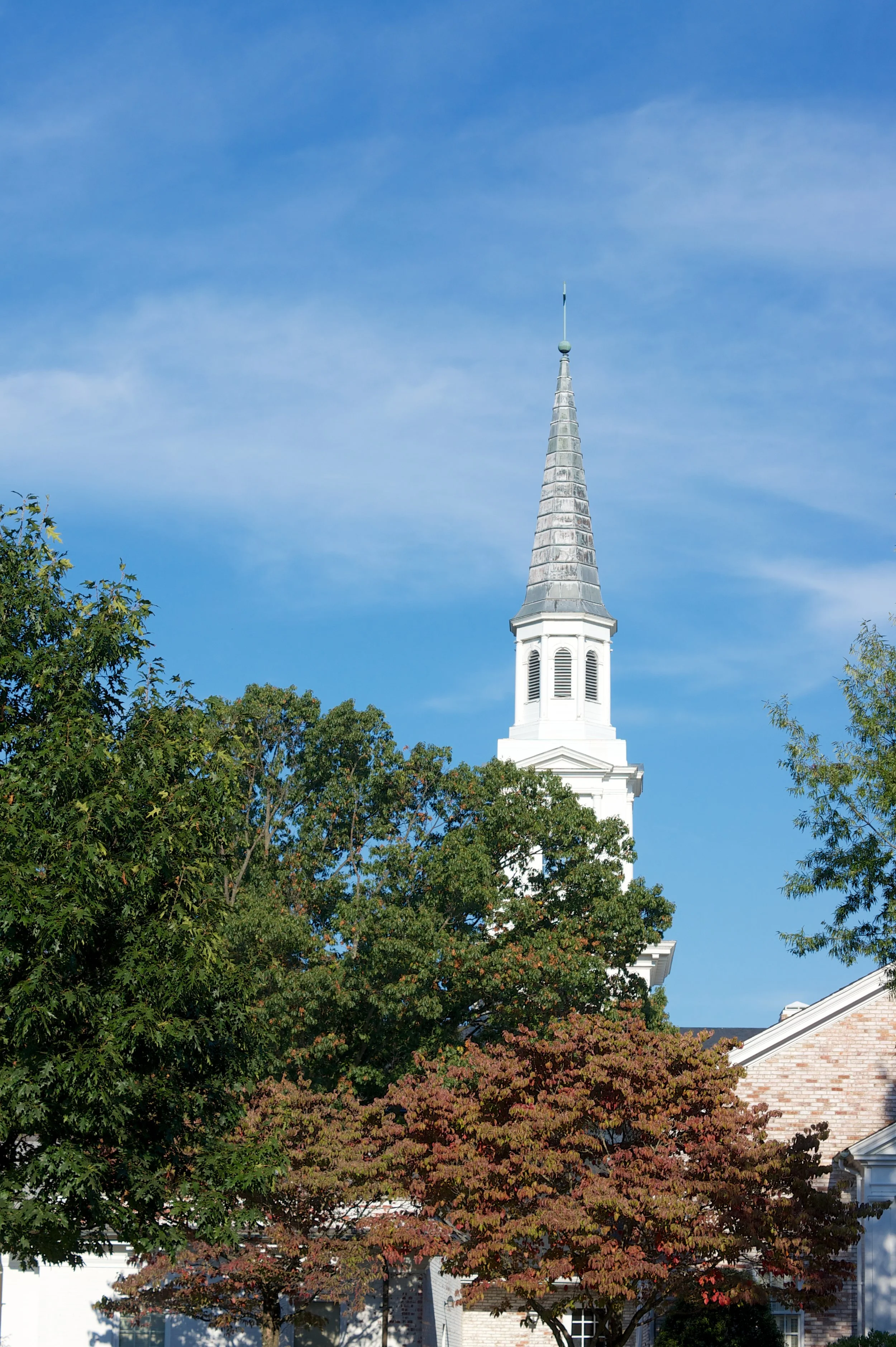Synopsis:
On Joy Sunday at Broadway, the Gospel is preached in scripture and song as the Chancel Choir shares a musical masterpiece in worship. Born in Venice, Antonio Vivaldi (1678-1741) served as an ordained priest and Baroque Era violinist, composer, and musical educator for over thirty years at the orphanage for girls in Venice called the Ospedale Della Pieta (Hospital of Mercy). His Gloria was written in 1715 for the orphaned children of the Ospedale and performed in the Venetian opera house. Venice was the Las Vegas of 18th Century Italy and opera houses were raucous venues. With a protective consideration for the young girls in the choir, Vivaldi constructed screens to shield the choir from the intoxicated patrons of the opera. One might imagine the wild crowd turned into a weeping congregation at the angelic sounds of Vivaldi’s choir coming from mysterious silhouettes. The memory of Vivaldi’s choir of orphaned children harmonizes with Luke’s image of Mary–an afraid adolescent with child–who still sings her heart out in the liberating lyrics of the Magnificat. Her song prophesies of a world where God’s goodness, justice, and promise are fulfilled and every human flourishes with God-given worth. Mary makes a truly joyful noise worthy of any audience.
Keywords: Advent, Joy Sunday, Mary, Magnificat, justice, peace, joy, love, hope







